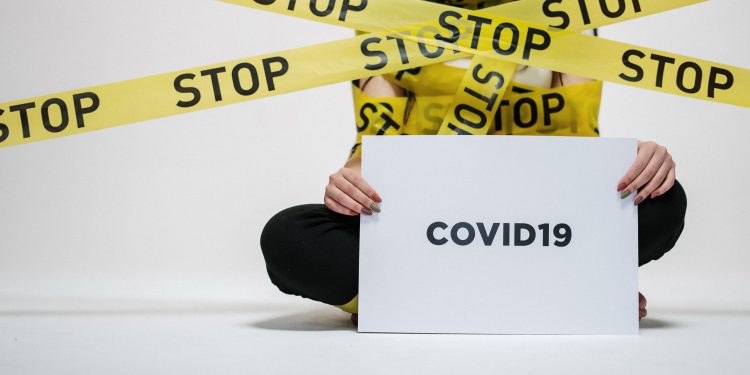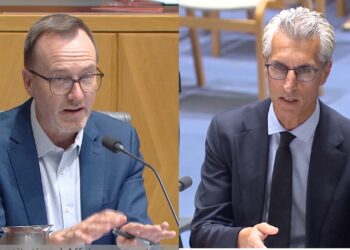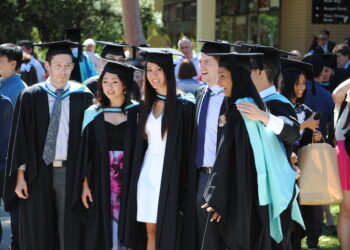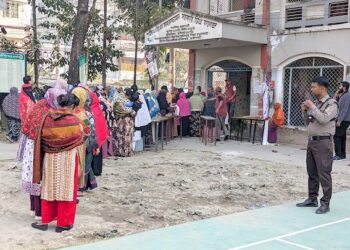Friends and relatives in India are asking their NRI loved ones not to come to India now. They are concerned about the rapid rise in Covid-19 cases and the fear of breakdown of the healthcare system that had been so evident last year when India experienced a devastating second wave in April and May, with daily averages of around 400,000 cases at the peak of the crisis.
Gauri Chatterjee had been making plans to visit Kolkata at the beginning of January, but now her plans are in disarray because of desperate messages from her friends and relatives.
“I am receiving messages like – don’t come to India now, things are looking ominous already – from my friends,” she said. “Even my father is asking me to postpone my visit. He cries at every video call we have; he misses me so much, and I haven’t seen him for two years now,” she added.
“Tui Ashish na (don’t come), khub baaje obosthya ekhane (very bad situation here). I will miss meeting you but no point in taking the risk,” reads another desperate message from her friend Barnali, who tested positive on Friday and is now hospitalised.
A message from Gauri’s sister, Ratnabali reads, “even though it’s gut-wrenching, you have a think about your flight to India. It’s getting crazy here, so will coming all the way to sit inside the house, not go ANYWHERE…Will that be good? Or should you postpone?”
“Look flights may be operating from Australia now, but how about when you leave? Would you want to get stuck here?” says another message from her friend Lopamudra.
A sudden rise in Covid-19 cases in India over the last week of December has sparked fears that a third wave driven by Omicron infections is about to strike. The figures look quite alarming in densely populated metros like Delhi, Mumbai and Kolkata. Mumbai reported 3,671 new cases on Friday, up 46% from the previous daily total; cases in Delhi (1,313) were up by 42%, and in Kolkata (1,090) by 102% in just 48 hours.
Chennai has also reported a 50% jump in cases in one day. Other states with rising infections are Haryana, Jharkhand, Madhya Pradesh, Punjab, Rajasthan and Uttarakhand.
Follow NRI Affairs on Facebook and Twitter for latest updates.
On Thursday, the West Bengal government suspended all direct flights from the UK and other high-risk countries from January 3. They further announced a mandatory Covid test for all international arrivals from non-at-risk countries.
“Most Omicron cases are being detected among people coming from UK flights. So the Centre must decide on imposing restrictions on flights from countries where Omicron cases are high. We will see what the Ministry of Civil Aviation will do,” the Chief Minister of West Bengal, Mamata Bannerjee, further added.
However, Mamata Bannerjee refused to cancel the popular Hindu festival Ganga Sagar Mela held in Sagardwip, West Bengal, which is to be held from January 8 to January 16, 2022. Other than the people of West Bengal, Gangasagar Mela attracts thousands of Hindu pilgrims, mostly from Uttar Pradesh (UP) and Bihar, who take a holy dip in the River Ganges.
According to Mr P. Ulaganathan, Deputy Magistrate, South 24 Parganas, 3 million pilgrims are expected at the Mela. Therefore, mandatory RT-PCR tests are required for everyone visiting, and arrangements have been made for pilgrims and sadhus to get vaccinated there.
India reported 16,764 new infections and 220 deaths on Friday for the last 24 hours. But public health experts and doctors believe that the actual count is likely to be much larger and remains hidden because of limitations in timely contact tracing, testing and sequencing.
According to a Cambridge University study reported by Bloomberg, India may face a severe but brief viral outbreak of the Omicron variant. Cambridge University’s India tracker accurately predicted the deadly second wave in India in May.
“It is likely that India will see a period of explosive growth in daily cases and that the intense growth phase will be relatively short,” said Professor Paul Kattuman to Bloomberg.
There is cause for worry, according to health experts, because India is still far from being fully vaccinated (fully vaccinated Indians: 44%), and with elections around the corner, there is scant regard for Covid_19 protocols. Moreover, political parties have thrown caution to the wind, where visuals show people packed together with no masks and social distancing.
Last week, the prime minister was on National Television advising people to follow proper precautions, but he himself has been seen holding rallies in UP with hundred thousand of attendees. He is also seen without a mask at these rallies.
Only last week, the Allahabad High Court had requested the Election Commission and Prime Minister Narendra Modi to postpone the Uttar Pradesh Assembly Elections by a month or two and ban election-related gatherings, citing the second wave that followed a string of assembly elections earlier this year.
“Gram Panchayat elections and the Bengal assembly elections infected a lot of people, which caused many deaths as well,” the judge said, adding, “If rallies are not stopped, results will be worse than the second wave”, he had said.
However, the Election Commission has decided to stick with the dates proposed earlier.











